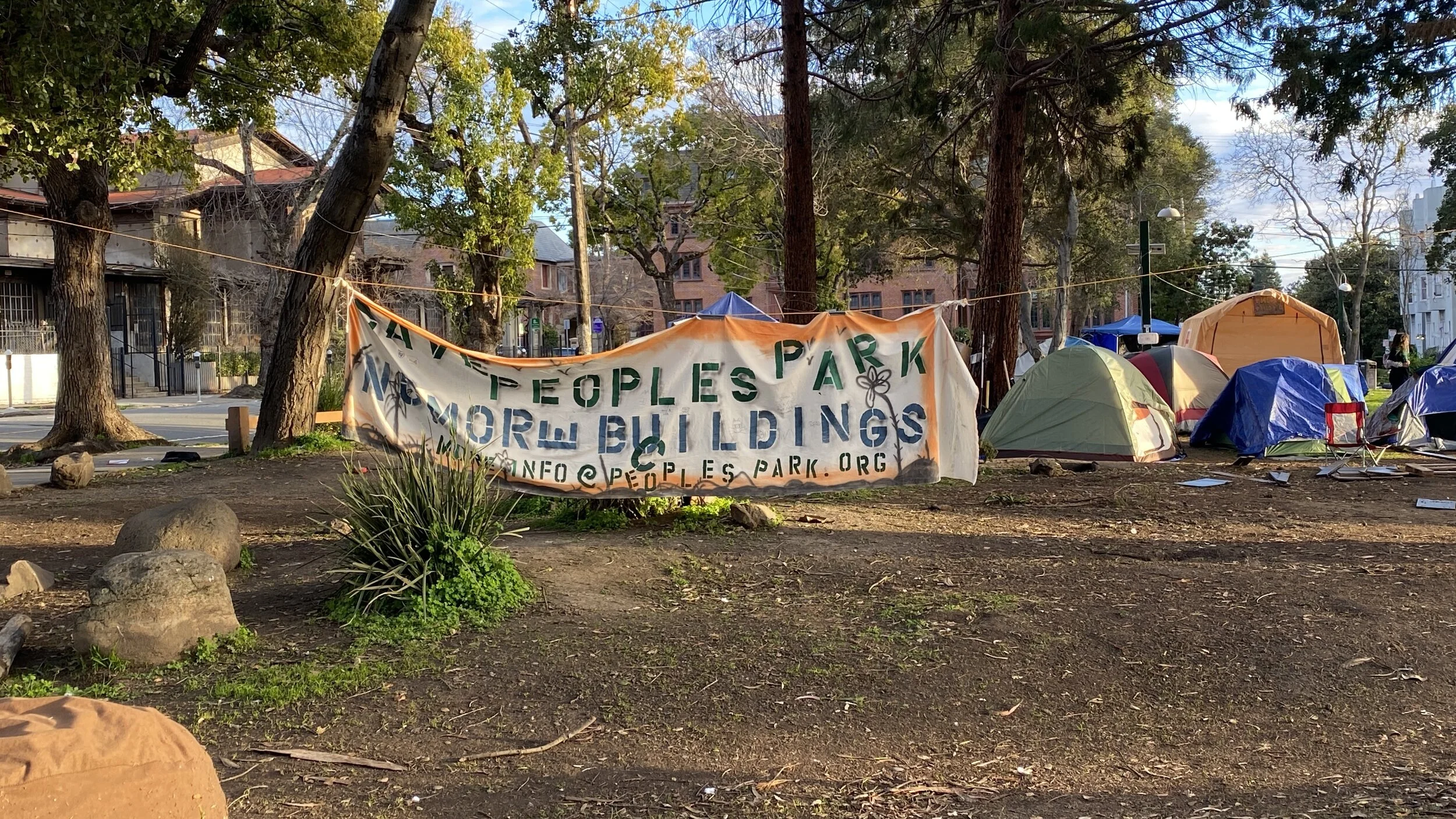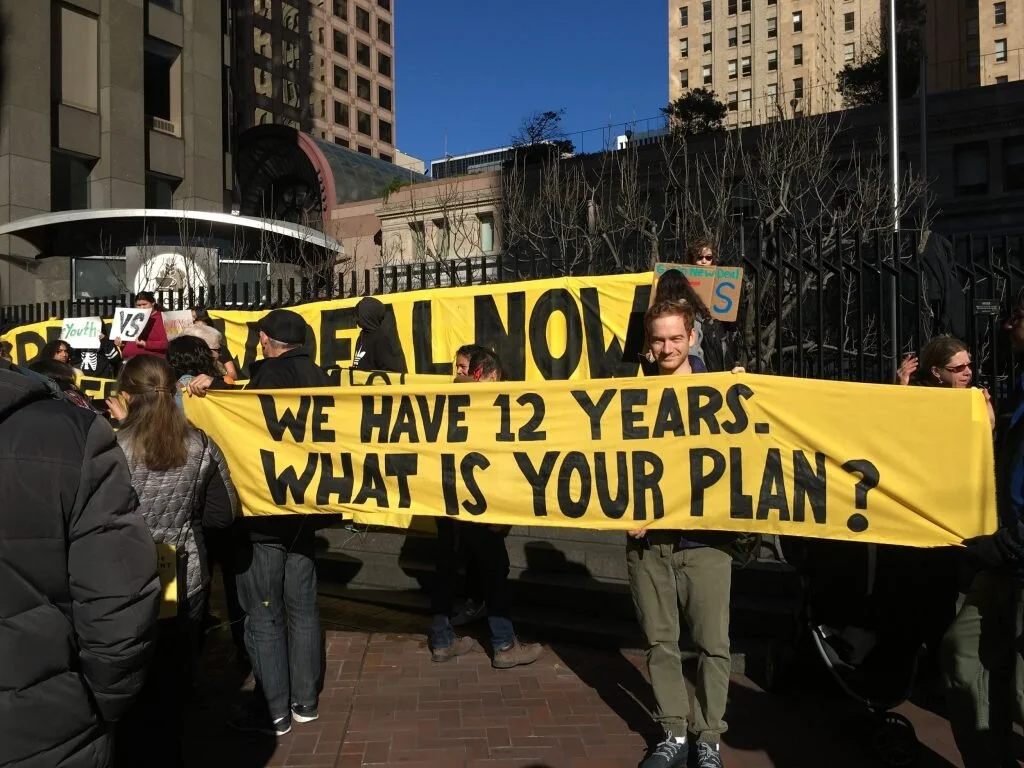Politics
Featured Posts
The intersection between the environmental and feminist movements may seem clear. For example, in climate-related disasters women are 14 times more likely to perish. However, the ecofeminism framework illustrates that this connection runs much deeper…
A study published in Nature shows the chances of preventing a global temperature increase of over 1.5°C are slim unless fossil fuel infrastructure becomes obsolete. The question then emerges: why aren't there more government- and civilian- backed initiatives aimed at controlling the larger cause of climate change ― corporations?
All posts
A central concern of Ukrainian-Russian tensions has been Europe’s dependence on natural gas and oil imported from Russia. In 2019, roughly 40% of Europe’s natural gas was supplied by Russia. The timing of Russia’s invasion of Europe has been noted as significant because energy use is higher in the winter months, as people use gas to heat their homes.
The intersection between the environmental and feminist movements may seem clear. For example, in climate-related disasters women are 14 times more likely to perish. However, the ecofeminism framework illustrates that this connection runs much deeper…
A study published in Nature shows the chances of preventing a global temperature increase of over 1.5°C are slim unless fossil fuel infrastructure becomes obsolete. The question then emerges: why aren't there more government- and civilian- backed initiatives aimed at controlling the larger cause of climate change ― corporations?
There is a significant history of politicians working alongside anti-environmentalist companies and taking contributions in return. Self-interest still sits deep within Washington. So, the burning question is, will Biden be true to his word and follow up on his environmental promises? Or will he also add to the destructive regime of personal opportunism?
As the University tries to push through development, the fight for social and environmental justice must rise to meet the moment
Record rainfall flooded homes, stores, and the UC Berkeley campus during the Big Blow of 1962. Chicken Creek, a tributary of Strawberry Creek by the fire trails, flooded the Strawberry Canyon Recreation Area and caused considerable damage to the Hass Clubhouse and all the way down to the International House. The floods and landslides created a wall of mud and debris that broke through a ground floor window at IHouse, flooded the lobby, and broke through the main doors. Down on campus, Strawberry Creek flooded its way through ASUC offices and underground basements.
Democrats lost big in the US House in the 2020 elections but progressives emerged unscathed. Nearly every progressively-aligned candidate kept their seat this year, bolstering the claim that progressive values are in demand. Young people and Black, Indigenous, people of color (BIPOC) want and need bold policies on climate, healthcare, and racial inequity, and their demands were made clear in these elections.
This year, Prince William, Duke of Cambridge, launched a new project: the Earthshot Prize. The Earthshot prize at its core is simple: if you come up with an innovative solution to five core environmental issues you can win one million pounds. These core issues, or “Earthshots,” are: protect & restore nature, clean our air, revive our oceans, build a waste-free world, and fix our climate.
As the constitutional convention came to a close in 1789, Benjamin Franklin looked at the armchair that Washington sat in, with a sun painted on its headboard. As he signed the new Constitution, he said, and James Madison later recorded, “ [I] looked at that behind the President without being able to tell whether it was rising or setting: But now at length I have the happiness to know that it is a rising and not a setting Sun.” Franklin understood that unity was made through progress, and this was a monumental breakthrough. Although the framer’s refusal to address the horrors of slavery, genocide of Native Americans, and rampanant sexism would lead to centuries of struggle and strife, it was the most progressive government document ever seen by the western world. Since it’s signing, history has proven Franklin right: this country’s best moments have been when we embraced bold progressivism, and our darkest days have followed our complacency and inaction.
Amongst millennials, progressive, and new age circles, a new buzzword has rooted itself: toxins.
Let’s listen to leaders of environmental justice movements and hold cities accountable for processing their own waste. For the sake of public, health, land, and oceanic systems, we must move beyond the blue bins to reach a greener future.
This semester it feels like California cannot catch a break. Within a month, we have had thousands of acres of both Northern and Southern California burn, a tornado and hail storm in Davis, earthquakes, and PGE’s power shutoffs. These events have changed what it means to live in the Bay Area.
For thousands of years, Mauna Kea has been a cultural and spiritual mecca for the native Kanaka Maoli people. It’s a place whose ecosystem has been traditionally managed by the Kanaka Maoli, and has been threatened in recent years by invasive plants and increasingly extreme weather patterns. It’s a religious site where tribal members have traditionally practiced services, a cultural center for celebration and mourning, and the site of some human remains from Kanaka Maoli tribal members buried there. It’s also where some UC Berkeley linked organizations want to build a telescope.
On September 17th, 2019, in the days just before the international climate strikes and walkouts as a part of Fridays for Future, the UC announced its commitment to divest from fossil fuel industries. The UC Regents decision passed with 77% approval, and 80% on the Berkeley campus, an astonishingly high approval rate for these votes. The UC went above and beyond the student and the faculty demands, and agreed to full divestment.
The 68-year-old governor of Washington is not someone you expect to be the champion of climate advocates. An ex-high school footballer who has been a career politician for decades, Inslee is a far cry from anti-establishment candidates the environmental movement usually support.
Over the past few years, the “personal vs. political” conversation has ricocheted throughout environmental communities and remains a point of discussion among scholars and activists alike.
In a recent article, I dipped my toes into this debate. This time, I took a plunge.
Iron fertilization is part of the burgeoning movement of geoengineering – the idea that humans can purposefully shape natural processes on a global scale, most notably to combat climate change. It’s a controversial idea that is universally recognized to need significantly more testing to work. One of the most promising ideas to emerge from the geoengineering field is that of iron fertilization, something that has the capacity to drastically reduce our net greenhouse emissions.
Banning plastic straws constitutes something of a low hanging fruit – it is an easy first step, but we cannot stop now. Environmentalists should seek to capitalize on the attention brought to plastic straw bans and highlight the success of our efforts, meanwhile directing that energy towards more substantial policy instruments that curtail the aforementioned products that constitute most of our plastic waste.
The Green New Deal launched on February 7th, and received huge public support and momentum from across the country, especially from young activists and environmentalists.
In the decades following Plan Colombia’s initiation, rates of Parkinson’s and certain types of cancer have increased enormously. For years, scientists have studied and found an association between Parkinson’s and Roundup, and many now agree that there is also an epigenetic connection.






















A central concern of Ukrainian-Russian tensions has been Europe’s dependence on natural gas and oil imported from Russia. In 2019, roughly 40% of Europe’s natural gas was supplied by Russia. The timing of Russia’s invasion of Europe has been noted as significant because energy use is higher in the winter months, as people use gas to heat their homes.